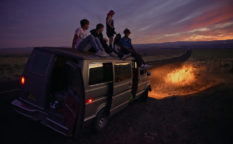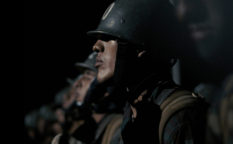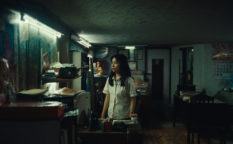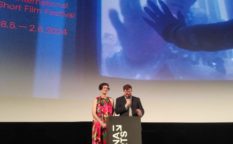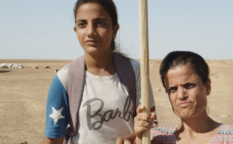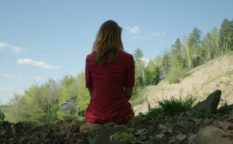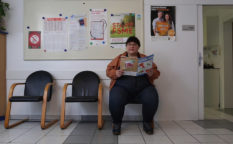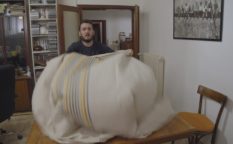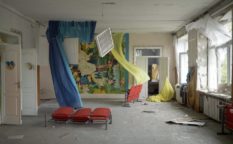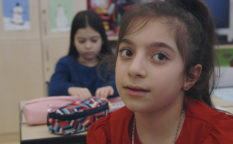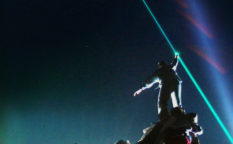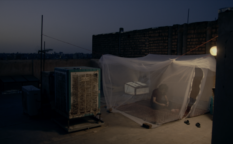Review: Midnight Family (2019)
As the postulate of libertarianism teaches us, when the state fails to provide (and it will fail, sooner or later), the market steps in. While it makes sense in some aspects like commerce and the most of the (non-essential) services, it certainly has a lot of downsides when it comes to the fundaments of society, such as education and health services, not to mention the aspects of law and order. The sheer notion of the privately operated emergency services sounds paradoxical and downright dystopian, but it still does not mean that those things do not happen.
In his second feature-length documentary Midnight Family, the American filmmaker of the young generation Luke Lorentzen takes us to the streets of Mexico City where the Ochoa family, consisting of father and two sons, that operates an ambulance. The film premiered last year in Sundance, touring the festivals and reaping the awards ever since. Its last stop was DOK.fest Munich, where it played in the Best of Fests selection of this year’s online edition.
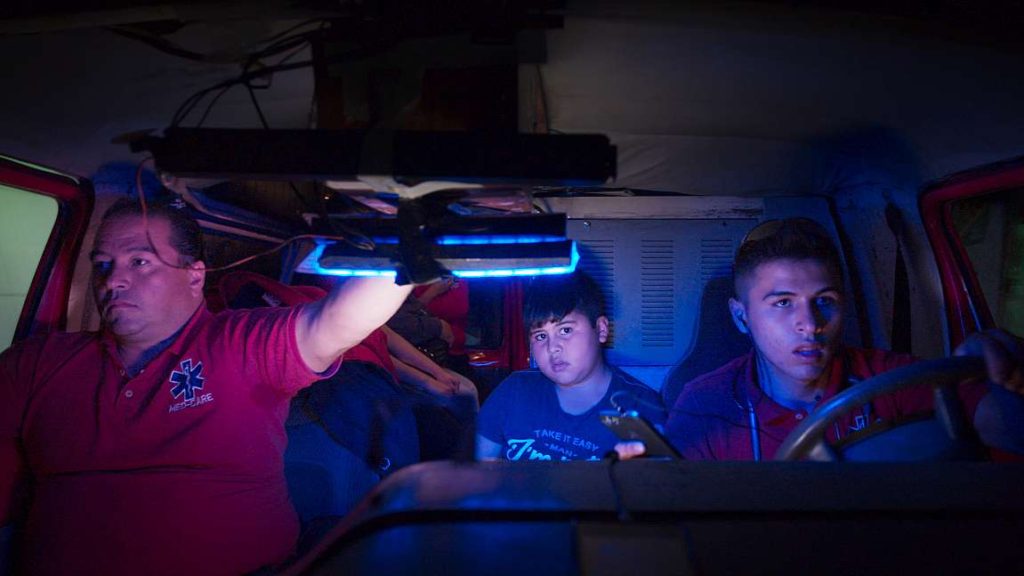
For the Ochoas, the chronically depressed father Fer, his teenage son and de facto the leader of the operation Juan and Juan’s grade-school age brother Josué, the ambulance business is still a business: for them, the patients are the clients from whom they have to collect payments in order to keep the business running. They have little to no training as paramedics, their ambulance car is largely improvised, they have agreements of sorts with the health insurance companies and the hospitals, but more often than not, they have to find the clients on their own by listening to the police scanner. The legality of the whole thing is questionable, to put it mildly (there is an issue with the licence plates), but those kind of operations are by no means exotic in Mexico City. As we are informed by the text card at the very beginning, in the nine-million people city, there are only 45 publicly operated ambulances and dozens of private crews just like the Ochoas.
They certainly take a lot of pride in what they are doing, but the humane aspect of their job clashes violently with the bleak reality. They have to compete with the other crews for the clients, to engage in reckless driving and even racing other crews down the streets, and with their modest earnings they have to service their car and to oil up the police machinery by the means of bribe. Finally, they barely break even in a dog-eat-dog world, while being forced to do the unethical things, like driving their patients to a hospital that might not be the closest. It also takes the toll on them personally. While Juan is still young, agile and fired-up for the work and its thrills, Fer serves as a photo-robot of his future. Josué should probably be in school, but he prefers to tag along and help his father and brother, and the things he witnesses on the job are too harsh for the boy of his age.
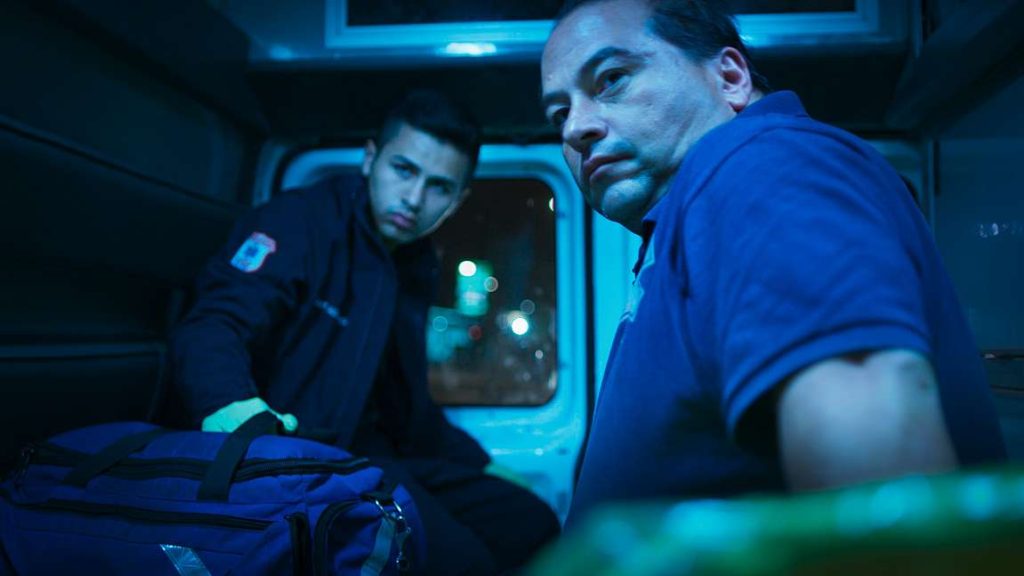
Lorentzen’s strictly observational approach in which he remains close to the Ochoas and refrains from commenting might be considered to be a cop-out by some of the viewers and critics, but Midnight Family is far more ambitious piece of cinema to serve as yet another exposé of the downsides of capitalism. We get enough of the notion throughout the film by observing the events from the point of view of real-life people who are in the middle of it, and it feels more personal that way even though the filmmaker does not necessarily identifies with his subjects.
The ambition is evident also in the terms of style. Lorentzen keeps the complete control over the key creative aspects of the film: on top of being the writer, the director and the executive producer, he also serves as the cinematographer and principal editor. A lot of his attention is being put into the details of the visuals and the sound scheme of the city streets at night, making Midnight Family a mesmerizing viewing experience. Apart from some songs overheard on a radio, there is no music in the film and it is not needed, since there is a lot of sirens wailing, dogs barking, tires screeching and people shouting and screaming, representing the crowded, dangerous city as a full-blown character and elevating the night to the level of the philosophical theme.
Midnight Family closely related the long string of the “night movies”, more often present in fiction than in a documentary form. Its closest “relative” is Dan Gilroy’s Nightcrawler, not just because of the similar topic, social setting, milieu and the moral compass of the leading character(s), but also for the sense of urgency. Lorentzen amplifies the tension in an organic way, so we even get to see a proper car chase that seems more realistic than in any of the action flicks because of the way it was shot and edited. In Midnight Family, the stakes are even higher in two ways, as it is about lives literally, and as the documentary form represents the real life, which is less manipulated and stranger than fiction.
Original title: Midnight Family
Year: 2019
Runtime: 81′
Country: Mexico
Language: Spanish
Directed by: Luke Lorentzen
Written By: Luke Lorentzen
Cinematography by: Luke Lorentzen
Editing by: Luke Lorentzen, Paloma López
Sound design by: Matías Barberis
Colourist: Phaedra Robledo
Produced by: Luke Lorentzen, Kellen Quinn
Production companies: Hedgehog Films, No Ficción
Supported by: Cinereach


